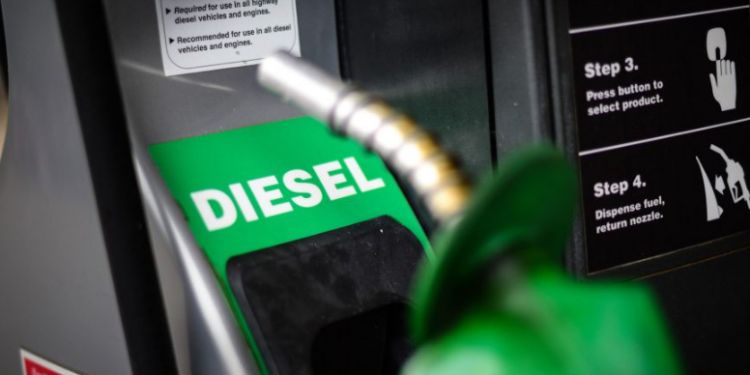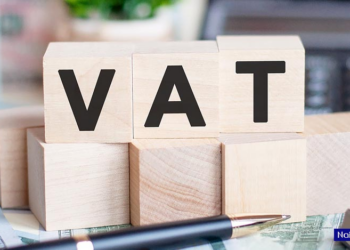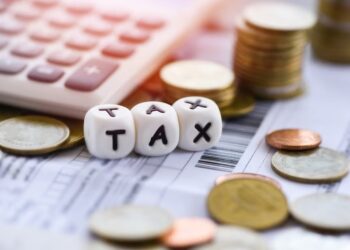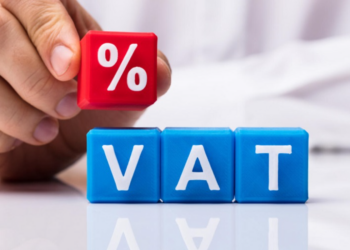Stakeholders along the Nigerian diesel value chain have said that the 7.5% value-added tax (VAT) waiver granted by President Bola Ahmed Tinubu on October 1, 2023, is a short-term relief, especially for the manufacturing sector.
According to the stakeholders who spoke to Nairametrics following the announcement by the president, the decision is a welcomed development, however, suppliers believe that prices would only drop by a maximum of N70, from the current market average of N1,000/litre.
A major industry independent supply player, who had a chat with Nairametrics, said the VAT waiver is seen as a temporary measure. He said:
- “For me, it’s a good move, especially as local production should start in a few months. The prices will just go back to levels sub 7.5%.”
His statement reflects the hope and optimism of many players in the industry who are awaiting the commencement of local diesel production.
This reasoning stems from the belief that local production could have a significant impact on local costs and help shield Nigeria from the volatile international crude oil market, decrease reliance on expensive imports, and potentially lead to more stable and affordable diesel prices for consumers and businesses.
Meanwhile, a senior official in one of the major diesel supply companies noted: “although it is a welcomed development, I see prices dropping by about a maximum of N70 which is the VAT element on the pump price.”
The viewpoint expressed by the stakeholders implies that while the VAT waiver offers immediate relief, it underscores the fact that the fundamental issues driving diesel prices remain unaddressed.
The reference to “sub 7.5%” and a price reduction of N70/litre signifies that prices are expected to return to their previous levels once the waiver expires unless additional measures are implemented.
With the anticipation of the commencement in the production of diesel and Jet A1 fuel by the Dangote refinery this month, industry experts are expressing optimism that this decision is a positive one. However, it is essential to examine the implications of this VAT waiver, keeping in mind that while it may offer temporary respite, it does not fully address the persistent issues affecting diesel prices in Nigeria.
A call for caution
According to the experts, we should tread with caution. In the words of the independent supplier, he said, “Mind you, the main triggers are still high (ICE Gasoil and FX).” These acknowledgements point to the ongoing challenges that continue to exert upward pressure on diesel prices in Nigeria.
Also, according to the Major Oil Marketers Association of Nigeria (MOMAN) “The Weekly Post” Vol. 9 Issue 38|26 September 2023, the cost of diesel per litre was N1,100/litre, which was based on an exchange rate of N995/$. As gasoil prices are linked to global market dynamics, foreign exchange rates (FX), influenced by various economic factors, remain key determinants of diesel prices.
Going forward
The current waiver of Value Added Tax (VAT) on diesel prices in Nigeria, coupled with the optimistic outlook for local production, offers a momentary reprieve for both consumers and businesses. However, it’s vital to acknowledge that this initiative, while beneficial, is not a complete remedy for ensuring prolonged stability in diesel prices.
To effectively address the underlying issues, such as volatile ICE Gasoil prices and foreign exchange fluctuations, Nigeria must implement sustainable measures.
Diversifying the country’s energy sources, advancing energy efficiency practices, and bolstering local refining endeavours stand as crucial initiatives in reducing Nigeria’s dependency on diesel and achieving enduring price stability.
While the VAT exemption represents a positive stride, it Is imperative to enact policies and strategies that directly tackle the fundamental causes of diesel price oscillations.
It is only through the adoption of such comprehensive measures that Nigeria can navigate the intricate landscape of diesel pricing and provide its populace with lasting relief from the burdens of high diesel expenses.




















